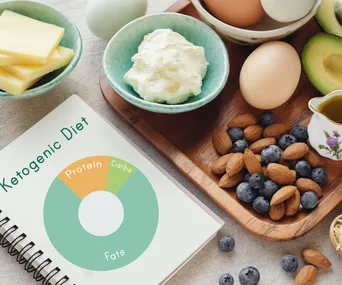Whether you’re looking to get into shape for summer, are trying to lose weight for health reasons or just want to feel lighter and healthier (particularly after a period of indulging), sometimes a healthy eating plan is just what we need to feel great mentally and physically.
However, determining which diet suits your lifestyle and food preferences can be tricky, after all, a successful diet isn’t a fad or one that will help you see quick results. It’s the diet that you can stick to and makes you feel stronger, healthier and less gluggy.
To help you make an informed decision about which diet would be best for you, we’ve compiled a list of the top 10 diets for 2018. This is based on a report by the U.S. News & World Report, who evaluated 40 diets in consultation with a panel of health experts. The health experts scored each diet on their ability to provide weight loss results in the short and long term, whether they were easy to follow and if they were healthy. Their top 10 diets for 2018 were very telling – no Keto diet in sight.
The following 10 diets will help you feel wonderful, but keep in mind that in terms of weight loss eating healthy is only part of the equation. Exercising for at least half an hour five times a week is also recommended, as is breaking up long periods of sedentary behaviour.
1.) DASH Diet (tied for first)
The DASH diet, which tied with the Mediterranean diet for first place, is apparently great for helping people lower their blood pressure, so is a very heart-friendly option.
The diet is essentially a healthy eating plan, rather than a super strict diet – which is great for those of us with a little less discipline. The diet seems a little obvious, it suggests everything you know you should be eating but haven’t because cheesecake and Chinese takeaways are too delicious.
The DASH diet recommends lean poultry and fish (in moderation), less salt (to reduce blood pressure), a low fat intake (very minimal saturated fats), lots of grains and vegetables, less dessert, less red meat, not too much alcohol and low-fat dairy options.
So, you know, just healthy eating really.
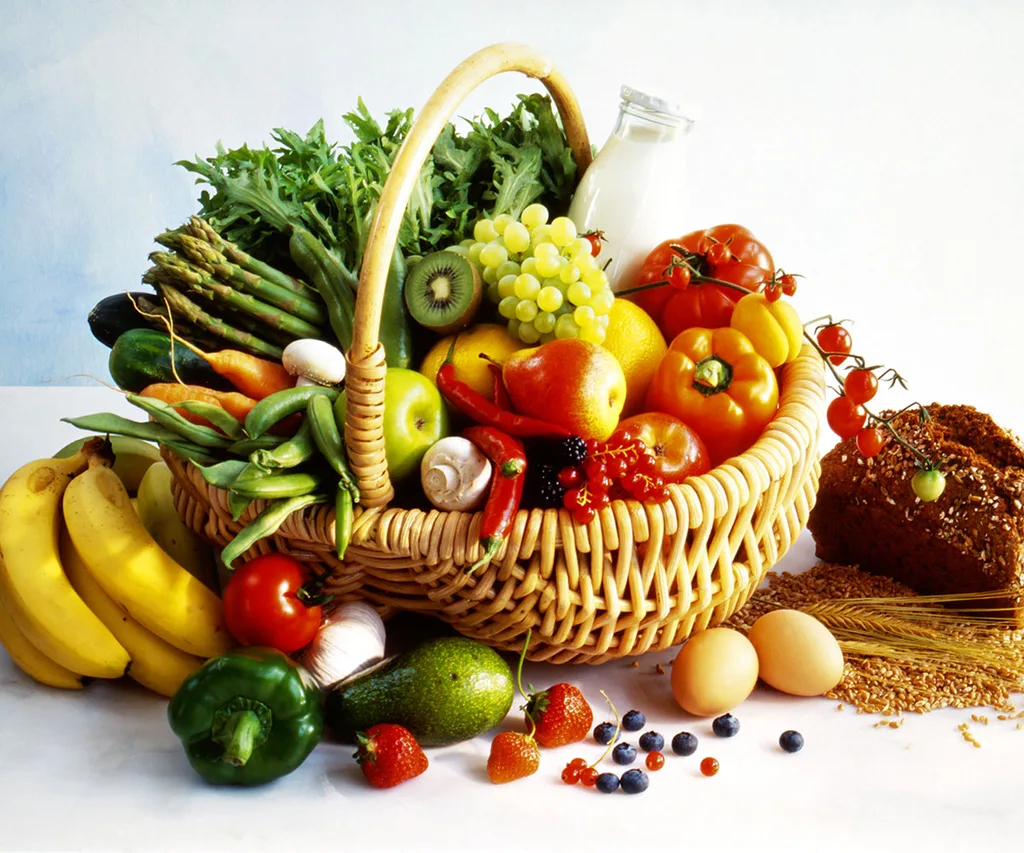
1.) Mediterranean Diet (tied for first)
The popular Mediterranean diet also rated highly with the panel of health experts.
Named after the eating habits of those living in countries by the Mediterranean Sea (think Spain, Italy and Croatia), the diet is said to help people avoid a range of chronic diseases (including heart disease) – and it’s not bad for the waistline.
The diet is high in whole grains, veggies, seafood and olive oil and low in red meat, added sugars and processed foods.
Incredibly, the Mediterranean diet also encourages red wine, which is fantastic news for the vino lovers among us!
Interestingly, both the Mediterranean and the DASH diet didn’t score overly high for short or long term weight loss, but they’re both easy to follow, healthy and allow for a diverse range of food – meaning these diets are sustainable and can be tasty.

3.) Flexitarian Diet
The Flexitarian diet (a combination of the words vegetarian and flexible) is exactly as it sounds – a diet that’s mostly made up of plant-based foods, with only occasional servings of meat.
This diet is particularly great for those who want to make more sustainable and environmentally healthy choices but would find the switch to full-time vegetarianism quite tricky.
According to Shape, those new to the Flexitarian diet should forgo meat twice a week, while those more familiar with the diet should aim to follow a vegetarian diet three or four days a week.
The best part? This diet is great for the environment, your food cravings and good for weight loss.

4.) Weight Watchers Diet
The Weight Watchers diet is a relatively surprising addition to the top 10.
You may know the Weight Watchers diet as the eating plan Oprah Winfrey supports, but the points-based eating program should be commended for its ability to help people lose weight in a healthy manner.
Put simply, participants of the program (yes, unfortunately there’s a fee associated with this one) can choose to eat what they like, but earn points based on the foods they choose. Foods that are nutritionally sound are worth less points, and those that contain higher amounts of sugar and fat are worth more. Those on the program have daily targets they need to stick to.
Participants are recommended to eat lots of fruit and veggies (are there any diets that don’t recommend this heroic duo?), exercise regularly and avoid fatty foods as these take up many daily points.
5.) MIND Diet (tied)
If you haven’t heard of the MIND diet, you’re not alone. The healthy eating plan actually combines two of our previous diets – the DASH and Mediterranean diets.
Apparently the MIND diet is designed to help dieters prevent Alzheimer’s disease as it contains lots of brain-healthy foods such as leafy green vegetables and nuts.
Like the DASH diet, the MIND diet emphasises eating lots of vegetables and whole grains, but like the Mediterranean diet, it recommends fish, olive oil and no red meat.

5.) TLC Diet (tied)
Tied for fifth with the MIND diet is the cholesterol-conscious TLC diet (no, it doesn’t stand for tender, love and care unfortunately).
The Therapeutic Lifestyle Changes diet (TLC) was created by the National Heart, Lung, and Blood Institute and targets high LDL (bad) cholesterol. LDL cholesterol builds up in our arteries, which can result in a heart attack or stroke.
If you have high cholesterol, take solace in the fact you can eat your way to lower cholesterol levels.
On this diet it’s recommended to avoid saturated fat (butter, cheese, salami, certain cuts of meat), eat more fibre and have lots of full of fresh fruit and veggies.
On the TLC diet you can apparently lower your LDL count by a huge 8 to 10 per cent in six weeks – according to U.S. News & Report.
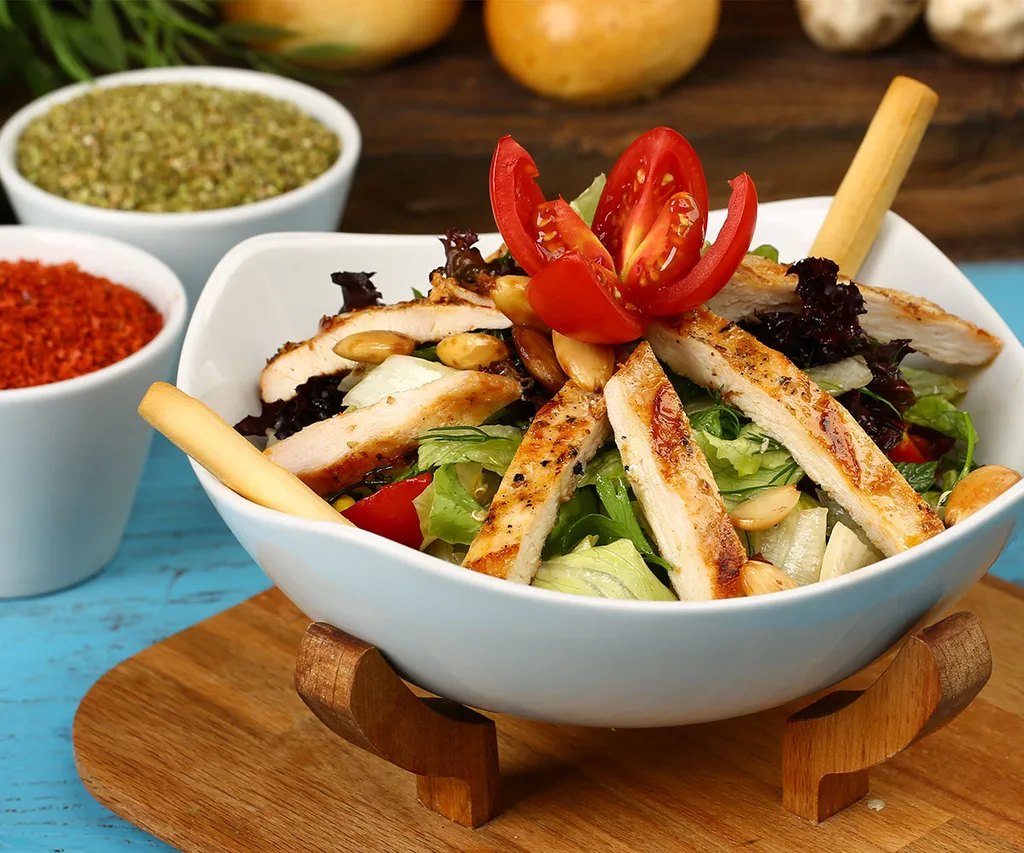
5.) Volumetrics Diet (tied)
If you’re wanting to lose a bit of weight, you might be interested in the Volumetrics diet, also tied for fifth place.
The theory behind this one is that we eat the same amount of food each day – whether these are healthy or unhealthy foods. The aim of this diet is to ensure the calories you consume each day will satiate you for longer, and contain fewer calories. Effectively, dieters lose weight (slowly, this is a long-term eating plan) by eating the same amount of food, but making more healthy and nourishing choices.
On this diet you’ll likely eat plenty of foods that have water in them, as this will keep you satiated for longer. You’ll eat lots of legumes, vegetables and fruit but avoid energy-dense food (foods that contain lots of calories such as processed foods)
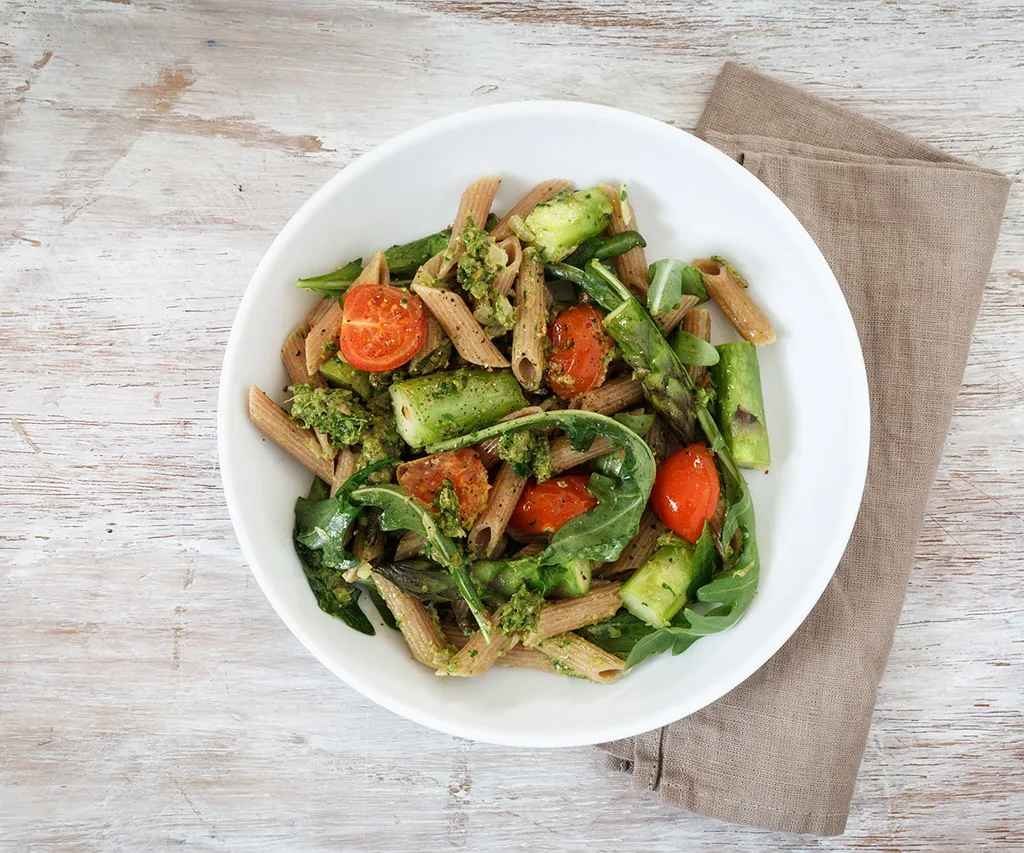
8.) Mayo Clinic Diet
Similarly to the DASH diet, the Mayo Clinic Diet is all about making lasting, healthier choices.
The Mayo Clinic diet aims to help you “reshape your lifestyle by adopting healthy new habits and breaking unhealthy old ones.” Some of these new healthy habits include consuming low energy dense foods, eating sugary treats only occasionally and keeping an eye on portion sizes.
The diet itself was created by a team of weight loss experts who work at the The Mayo Clinic, an American nonprofit academic medical centre – so you know it’s going to be effective.
Unlike some of the other diets on this list, the Mayo Clinic recommends a lifestyle change: no watching TV while you eat. Apparently it causes us to mindlessly eat, which Now To Love has to agree with. Who hasn’t had one too many slices of pizza while watching Orange Is the New Black?

9.) Ornish Diet
The ninth overall best diet for the year is the Ornish diet, which is apparently able to be tailored to your goal; be it weight loss, lowering blood pressure or cholesterol.
On the Ornish diet you’ll eat lots of grains, fruit, beans and legumes and no meat (red or white). And according to Everyday Health, only 10 per cent of your diet will be made up of fat.
So if you’re a lover of meat or avocados, this may not be the diet for you.
The diet also encourages participants to exercise for 30 minutes at least five times a week and to manage stress with yoga and meditation.

10.) The Fertility Diet
As the name suggests, the Fertility diet aims to boost fertility and ovulation. But despite its quite specific aim, it scored a toal of 4.2 out of 5 for its healthiness.
This diet encourages participants to make switches in their diet to increase their egg count. If you choose to go on the Fertility diet, you’re signing up to eat more whole grains and whole-grain pasta, whole fat dairy foods, lots of beans and plant protein.
The bad news? Sugary sodas are apparently a no-go on this diet.
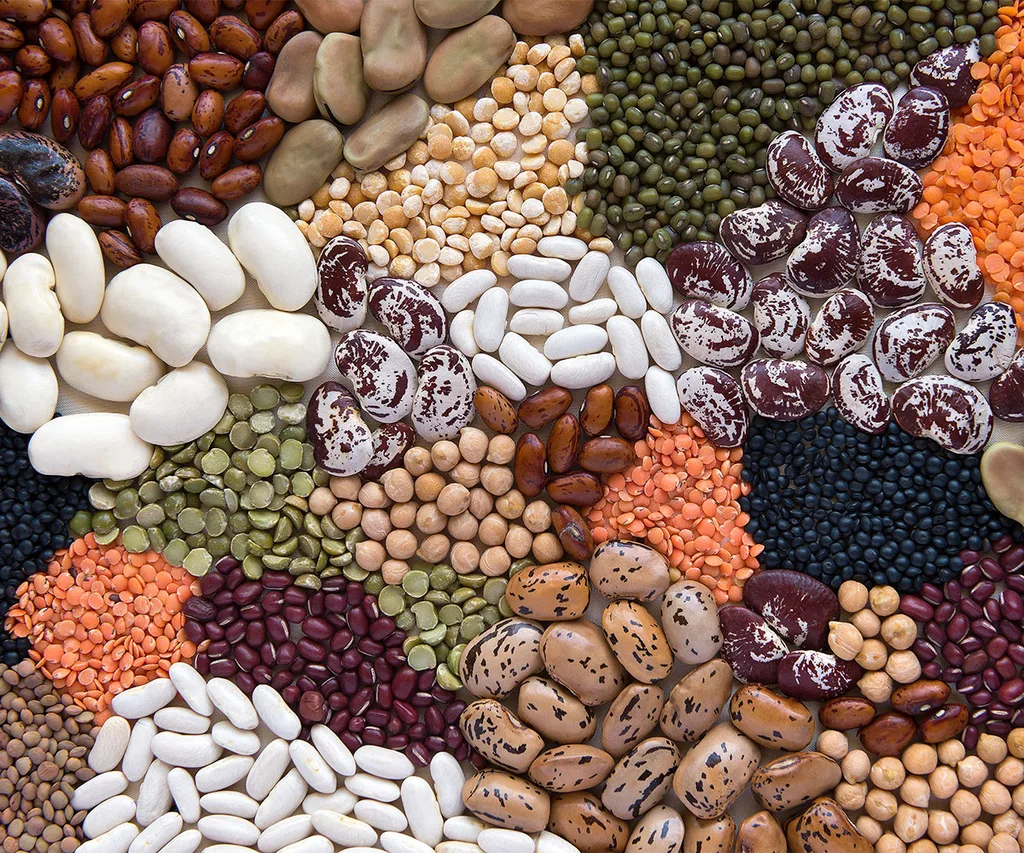
Always seek the medical advice of a professional or GP before making changes to your diet.


